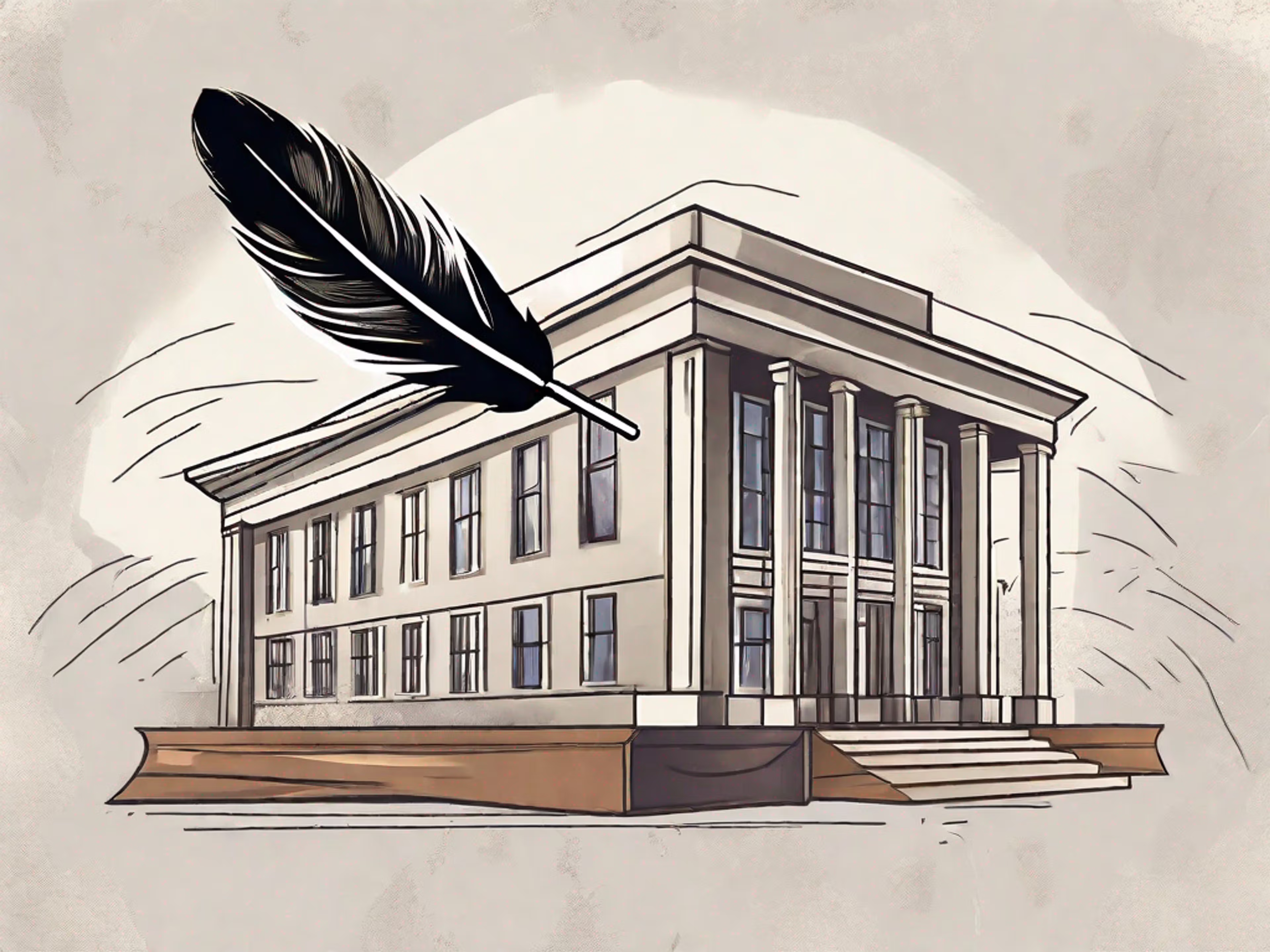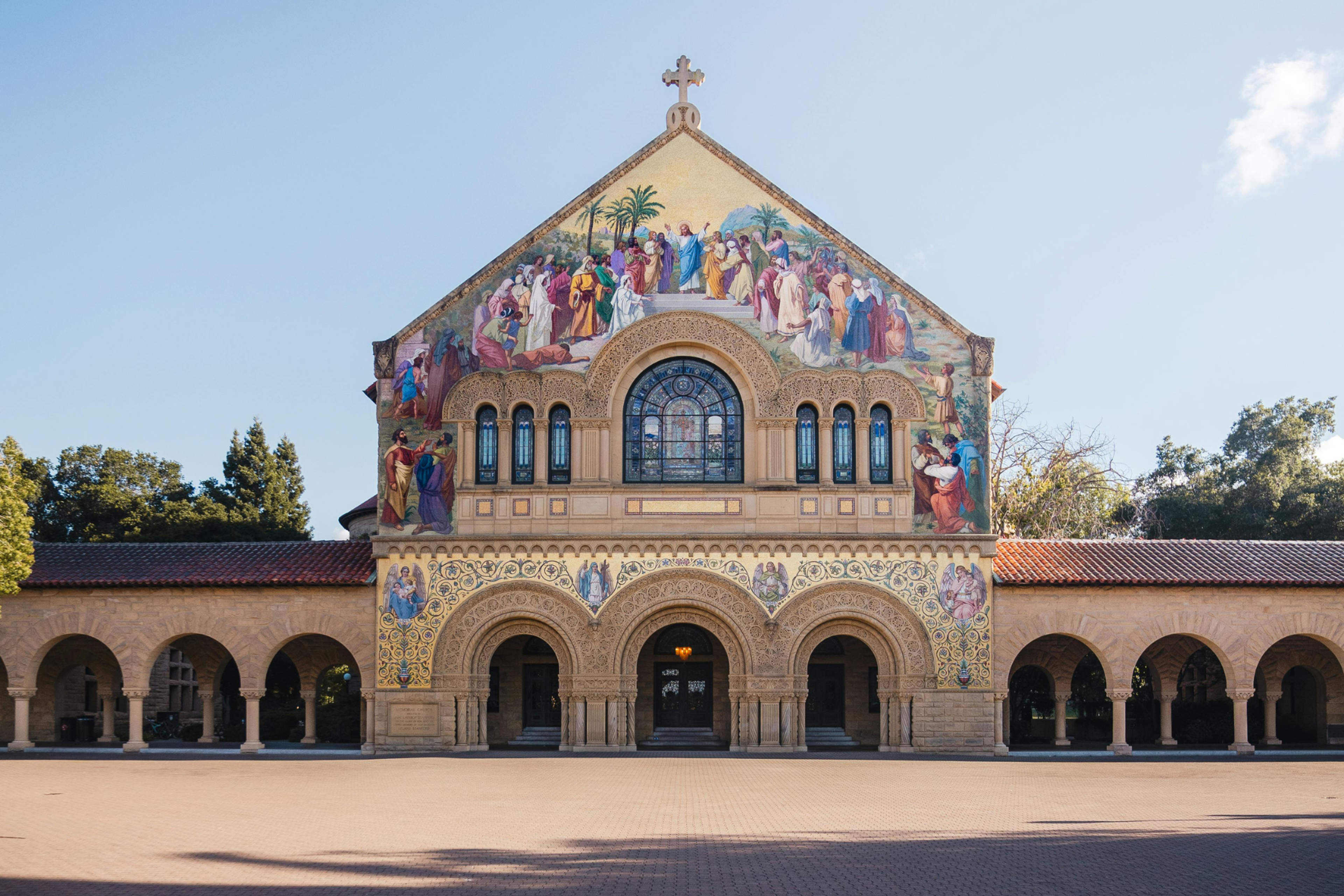
Table of Contents
The Wharton School at the University of Pennsylvania offers a prestigious Executive MBA (EMBA) program that provides professionals with the skills and credentials they need to accelerate their careers. Understanding the Wharton EMBA program is crucial for those considering this elite educational opportunity.
A Brief Introduction of the Wharton School
The Wharton School is renowned for its excellence in business education and research. Established in 1881, it is the world's first collegiate business school. With a rich history of innovation and a commitment to shaping future leaders, Wharton continues to be a global leader in business education.
Located in Philadelphia, Pennsylvania, Wharton offers a wide range of programs to suit the needs of aspiring business professionals. From undergraduate degrees to doctoral programs, Wharton provides a comprehensive education that combines rigorous academic training with practical real-world experiences.
Wharton's faculty members are not only experts in their respective fields, but they are also dedicated to delivering cutting-edge research and teaching methodologies. They bring a wealth of industry experience and knowledge to the classroom, ensuring that students receive the most relevant and up-to-date information.
What is the Wharton Executive MBA Program?
An Executive MBA, or EMBA, is a program designed for mid-career professionals who are seeking advanced business knowledge and leadership skills. Unlike traditional MBA programs, EMBA programs are tailored to the needs and schedules of working professionals who are looking to enhance their career trajectory without interrupting their work commitments.
The Wharton EMBA program is specifically designed to meet the unique needs of experienced professionals. It provides a transformative learning experience that combines rigorous coursework, experiential learning opportunities, and a global perspective.
Participants in the Wharton EMBA program come from diverse backgrounds and industries, creating a dynamic and enriching learning environment. The program encourages collaboration and the exchange of ideas, fostering a sense of community among its participants.
Key Features of the Wharton EMBA Program
The Wharton EMBA program stands out for several key reasons:
- World-class faculty: Wharton's faculty members are experts in their fields and provide industry-relevant knowledge. They are committed to delivering a high-quality education that prepares students for the challenges of the business world.
- Global perspective: In today's interconnected world, having a global mindset is crucial for success. The Wharton EMBA program offers a variety of global immersion experiences, including international residencies and global consulting projects, to help participants develop a global perspective.
- Integrated curriculum: The curriculum of the Wharton EMBA program is carefully designed to integrate core business concepts with real-world applications. Students learn not only the theoretical foundations of business, but also how to apply that knowledge in practical settings.
- Experiential learning: The Wharton EMBA program goes beyond traditional classroom learning. Students have numerous opportunities to apply their learning through hands-on projects, consulting engagements, and experiential learning opportunities. These experiences allow participants to gain valuable insights and develop practical skills that can be immediately applied in their professional lives.
- Network: Wharton boasts an extensive network of accomplished alumni and industry leaders. As a participant in the Wharton EMBA program, you will have access to this vast network, which can open doors to new opportunities and provide valuable connections in your chosen field.
- Flexible schedule: Recognizing the demands of a busy professional life, the Wharton EMBA program offers a flexible schedule that allows participants to balance their work commitments with their academic pursuits. The program is designed to minimize disruption to your career while providing a transformative learning experience.
By choosing the Wharton EMBA program, you are investing in your future and equipping yourself with the knowledge, skills, and network necessary to take your career to new heights. Whether you are looking to advance within your current organization, transition to a new industry, or start your own business, the Wharton EMBA program will provide you with the tools and resources you need to succeed.
Admission Process for Wharton's EMBA Program
The admission process for Wharton's Executive MBA (EMBA) program is designed to identify exceptional candidates who possess the necessary qualifications and potential to succeed in the program. The process consists of several stages, including eligibility criteria, application requirements, and a rigorous selection process.
Eligibility Criteria
To be eligible for the Wharton EMBA program, candidates must meet certain criteria. Firstly, they must have a minimum of ten years of work experience, with a significant portion of that experience being in a managerial role. This requirement ensures that candidates have a solid foundation of professional experience to contribute to the program's dynamic learning environment.
In addition to work experience, candidates should also demonstrate leadership potential and possess strong academic credentials. This includes a track record of academic excellence, as well as a commitment to continuous learning and personal growth.
Application Requirements
The application process for the Wharton EMBA program is comprehensive and requires candidates to submit a variety of materials. These materials provide the admissions committee with a holistic view of each candidate's qualifications and potential.
First and foremost, candidates are required to submit academic transcripts from all previous educational institutions. These transcripts allow the admissions committee to assess the candidate's academic background and performance.
In addition to transcripts, candidates must also submit letters of recommendation. These letters should come from individuals who can speak to the candidate's professional accomplishments, leadership abilities, and potential for success in the program.
A resume is another crucial component of the application package. The resume should provide a detailed overview of the candidate's work experience, highlighting key achievements and responsibilities.
Furthermore, candidates are required to submit a personal statement. This statement allows candidates to articulate their motivations for pursuing an EMBA degree, as well as their career goals and aspirations.
Lastly, all applicants must take the Graduate Management Admission Test (GMAT) or the Graduate Record Examination (GRE). These standardized tests assess a candidate's analytical, verbal, and quantitative skills. Proficiency in English is also required, and candidates may need to provide proof of English language proficiency.
Selection Process
The selection process for the Wharton EMBA program is rigorous and highly competitive. The admissions committee carefully evaluates each candidate's profile, taking into consideration their academic achievements, professional accomplishments, leadership potential, and personal attributes.
During the selection process, strong emphasis is placed on diversity and a commitment to fostering a collaborative learning environment. The committee seeks candidates from a wide range of industries, backgrounds, and perspectives, as this diversity enriches the learning experience for all participants.
Ultimately, the goal of the selection process is to identify candidates who not only have the necessary qualifications but also possess the potential to contribute meaningfully to the Wharton EMBA program and the broader business community.
Curriculum and Course Structure
Core Courses
The core curriculum of the Wharton EMBA program covers essential business disciplines, including finance, marketing, operations, and strategy. Through a series of rigorous courses, participants develop a solid foundation in business fundamentals and gain a comprehensive understanding of organizational dynamics and industry challenges.
Elective Courses
Wharton offers a wide range of elective courses tailored to participants' specific interests and career goals. These courses allow individuals to deepen their expertise in specific areas such as entrepreneurship, finance, or leadership. The flexibility to choose from various electives encourages participants to explore new subjects and tailor their learning experience.
Program Duration and Schedule
The Wharton EMBA program is designed to accommodate the busy schedules of working professionals. The program typically takes two years to complete, with classes held on alternate weekends to minimize disruption to participants' work commitments. Additionally, the program includes intensive residency periods and global modular courses, providing participants with immersive learning experiences.
Career Opportunities after Wharton EMBA
Job Prospects
Completing the Wharton EMBA program opens doors to a wide range of career opportunities. Graduates often assume leadership roles in their current organizations or transition to more senior positions in new industries. The program equips participants with the knowledge, skills, and network necessary to thrive in competitive and dynamic business environments.
Networking Opportunities
One of the significant advantages of the Wharton EMBA program is the extensive network participants can tap into. Wharton's vast alumni community spans the globe and includes influential executives, entrepreneurs, and thought leaders. Through various networking events, workshops, and online platforms, participants can engage with and learn from these accomplished individuals.
Alumni Success Stories
Wharton EMBA graduates have achieved remarkable success in their careers, making a significant impact across industries. From leading Fortune 500 companies to launching successful startups, Wharton alumni continue to excel in their respective fields. The alumni network serves as a powerful resource for mentorship, collaboration, and professional development throughout participants' careers.In conclusion, the Wharton School's EMBA program offers a transformative educational experience for mid-career professionals. With its exceptional faculty, integrated curriculum, and extensive network, the program equips participants with the knowledge, skills, and connections needed to excel in today's dynamic business landscape.



















